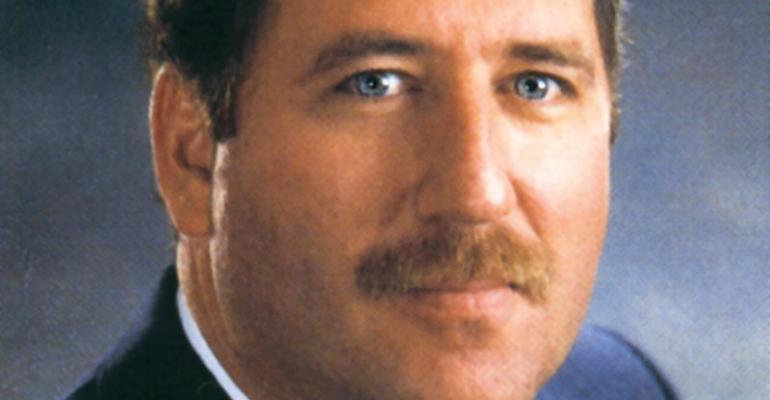
Consumers have a deep desire to trust the salesperson they do business with. This trust is built on three pillars.
One is sincerity. That is demonstrated by a salesperson’s ability to genuinely listen and take an interest in the customer’s needs, wants and desires.
The second is respect, the manner in which the salesperson treats the customer and his or her ability to make the customer feel like the most important person in the dealership at that particular time.
The third element of trust is honesty, a belief that the salesperson is speaking the truth.
I received a letter that shows what happens when any of these pillars are absent, in reality or simply as perceived by the customer. The letter writer, Keith, is an electronics salesman who had read my column while waiting for his car to be serviced at a dealership.
He tells of an experience he had while accompanying a friend who was shopping for a new Toyota car.
“During the test drive the salesperson alluded to the fact that the front seats reclined and that we could have a great time with the girls. I told him we were gay (we’re not), but the blood draining from his face was a priceless reaction.”
Back at the dealership the salesman asked a painfully stereotypical question: “What do I have to do to put you in this car today?” After negotiating, he lamented, “Any more customers like you and I’ll be out of business. I’m not making a dime on this.”
Keith also tells of a good friend, “recently divorced and armed with a good settlement” who visits a Volvo dealer where a salesman sighs when she says she doesn’t know much about the brand other than its safety reputation.
He takes her to the lot to see a model. It’s locked. He shrugs. Then his cell phone rings. It’s his girlfriend. They get into an argument. The customer is ignored. She leaves and heads to a Chrysler dealership where she buys not one but two vehicles.
Keith ends his letter, saying, “When will these guys learn?”
In the first example, the salesperson clearly did not show respect for the customers, nor did his statements about what he would make on the sale inspire trust and honesty.
In the second example, the salesperson demonstrated a lack of sincerity and respect. Underlying this is one of the biggest problems in businesses today: cell phones. It’s virtually impossible to go to a store or dealership and not find an employee using a phone to text, talk or post while customers are ignored.
Try this exercise: Write down 10 reasons you like working in the dealership where you are employed. Share at least some of them with your customers.
This positive focus will permeate how you work with customers and inspire trust. If you are excited about your job and don’t go to work just to collect a paycheck, your enthusiasm will be contagious. Customers will feel you are passionate about your job and that you work in a good place. They ultimately will want to buy from you.
Customers must want a product and value the opportunity to buy from a particular salesperson and a particular dealership.
Salespeople must develop a friendly, trust-based customer relationship. They must help customers select a vehicle that meets their needs, wants and desires. They must build value by showcasing the depth of commitment the dealership makes to serve its clients and community.
A salesperson’s job is to help customers buy, and part of this is helping them pick the three most important parts of the sale: the product, the dealership and the salesperson.
Richard F. Libin is president of Automotive Profit Builders, a dealership consulting firm specializing in sales and service personnel development. He can be reached at [email protected] or 508-626-9200 or www.apb.cc. WardsAuto readers also may comment on this article by logging in or registering below.





